
“Trafficking in persons is a grievous offense against human dignity that impacts every country on earth, and disproportionately victimizes girls and children.” – Rep. Ed Royce (R-CA)
House Foreign Affairs Committee Chair Ed Royce opened a hearing on human trafficking on May 7th, 2013. The hearing will discuss local and private sector initiatives to combat human trafficking. Modern-day slavery, human trafficking is a growing global crime.
One of the things society must wrestle with is how the vulnerable are treated and protected as well as what their responsibility is in coming to the aid of the exploited. Human trafficking exists in every nation worldwide and targets women and children in disproportionate amounts. Numbers indicate over 20 million victims of forced labor and forced sex work worldwide. However, bigger than the numbers are the faces and stories of the victims, largely children, who have been stripped of their hope, innocence, and youth.
Chairman Royce’s Chief of Staff, Amy Porter, spent time in India and Cambodia serving victims of human trafficking. She recounts girls as young as 3 years old in awful, disgusting situations. Closer to home, it is estimated that 100,000 children in the US are victims of human trafficking. The Foreign Affairs Committee has worked tirelessly to get human trafficking on the minds of Congress and will continue to work hard to make the issue an urgent and pressing one in the coming weeks and years.
The hearing will look at some of the promising private sector and community partnerships going on worldwide and the implications of those innovative partnerships in eradicating human trafficking. The tools that are being developed and the relationships established on the local, community level may just be the answer to fighting human trafficking worldwide.
Videos of the Question and Answer session as well as the opening statement can be found here.
– Amanda Kloeppel
Source: House Foreign Affairs Committee
Photo: Jewish Journal
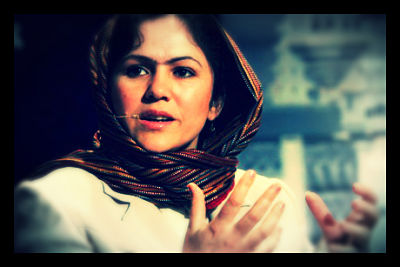
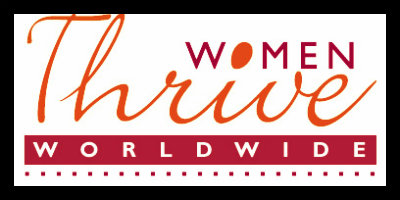

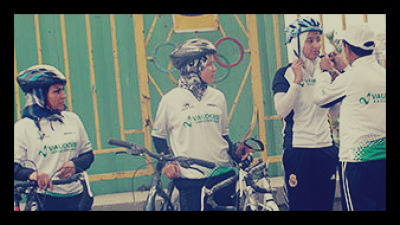 The Afghan women cycle for equality. Although women throughout
The Afghan women cycle for equality. Although women throughout 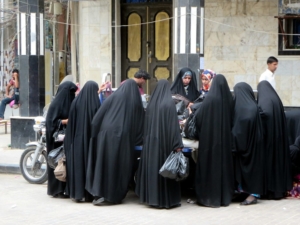
 In honor of International Women’s Day, L’Occitane has created a fair trade soap that supports women in their efforts to achieve economic independence. The soap is produced in Burkina Faso in a completely female-run factory, for which L’Occitane has provided support and training. The company has been working with women in Burkina Faso in efforts to achieve economic emancipation since 2006. By working with
In honor of International Women’s Day, L’Occitane has created a fair trade soap that supports women in their efforts to achieve economic independence. The soap is produced in Burkina Faso in a completely female-run factory, for which L’Occitane has provided support and training. The company has been working with women in Burkina Faso in efforts to achieve economic emancipation since 2006. By working with 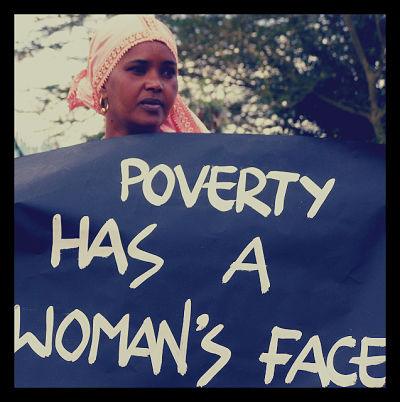 Progress in the fight against poverty has demonstrated the importance of focusing on poverty alleviation efforts on women and children. Despite the great gains that have been made,
Progress in the fight against poverty has demonstrated the importance of focusing on poverty alleviation efforts on women and children. Despite the great gains that have been made, 
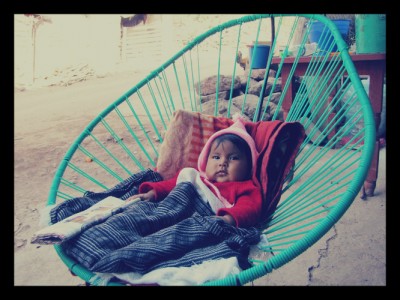 In Mexico, traditional midwifery services have been fallen steadily as women choose to have their babies in hospitals. However, many citizens who still live too far from hospitals need midwives. To meet this demand, Mexico has established its first public midwifery school, and young women are learning this ancient practice with the intent to graduate.
In Mexico, traditional midwifery services have been fallen steadily as women choose to have their babies in hospitals. However, many citizens who still live too far from hospitals need midwives. To meet this demand, Mexico has established its first public midwifery school, and young women are learning this ancient practice with the intent to graduate.